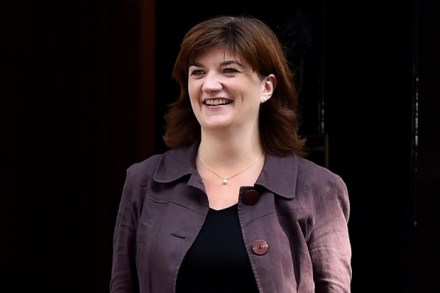How Alex Brooker made political interviews interesting again
The other night on Channel 4, I watched the best political interview I’ve seen all year. It was with Nick Clegg, and conducted by a guy called Alex Brooker. And it gave me, if only for a few moments, a glimpse of a better world. You’ll know who Nick Clegg is. Brooker, though, might have passed under your radar: he was only just on mine. He’s one of three hosts on a comedy show called The Last Leg, which launched during the Paralympics of 2012. Disability features heavily in the premise of the show, so I probably ought to mention that he has a prosthetic leg and something up with


















